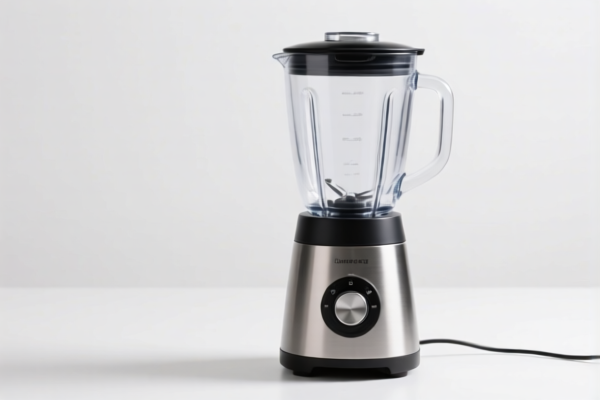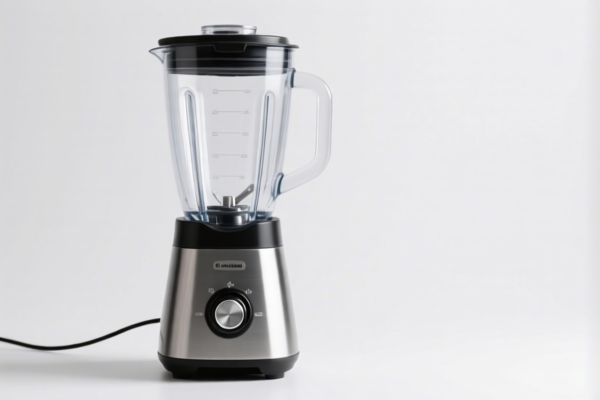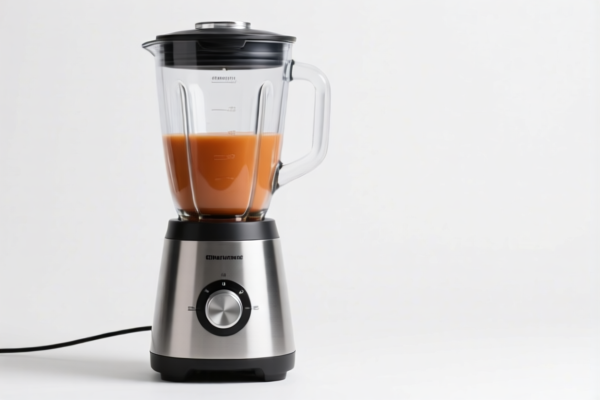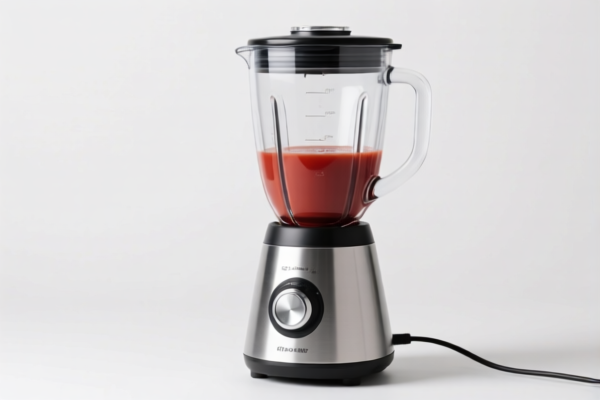| HS Code | Official Doc | Tariff Rate | Origin | Destination | Effective Date |
|---|---|---|---|---|---|
| 8479820040 | Doc | 55.0% | CN | US | 2025-05-12 |
| 8487900080 | Doc | 83.9% | CN | US | 2025-05-12 |
| 8487900040 | Doc | 58.9% | CN | US | 2025-05-12 |
| 3926906010 | Doc | 59.2% | CN | US | 2025-05-12 |
| 3926909910 | Doc | 42.8% | CN | US | 2025-05-12 |
| 3918905000 | Doc | 59.2% | CN | US | 2025-05-12 |




Resin Mixer
A resin mixer is a device designed for the homogenous blending of resin components, typically used in the creation of composite materials, coatings, adhesives, and casting compounds. These mixers ensure proper chemical reactions and consistent material properties by thoroughly combining liquid resins with hardeners, fillers, pigments, and other additives.
Materials
Resin mixers are constructed from materials compatible with the resins being processed. Common materials include:
- Stainless Steel: Offers excellent corrosion resistance and durability, suitable for a wide range of resins.
- Polypropylene (PP): A cost-effective option for less aggressive resins.
- Polyethylene (PE): Similar to PP, used for specific resin types.
- Aluminum: Lightweight and suitable for certain applications, though less corrosion-resistant than stainless steel.
- PTFE (Teflon): Used for highly corrosive or reactive resins.
Purpose
The primary purpose of a resin mixer is to achieve:
- Homogenous Mixing: Ensuring uniform distribution of all components, preventing inconsistencies in the final product.
- Controlled Chemical Reaction: Facilitating proper cross-linking and curing of the resin system.
- Bubble Reduction: Many mixers incorporate features to minimize air entrapment, improving the structural integrity and appearance of the finished product.
- Accurate Batching: Some mixers are equipped with precise dosing systems for repeatable batch sizes.
Function
Resin mixers function through various mechanisms:
- Impeller Mixing: A rotating impeller creates a vortex, drawing components into the mixing zone.
- Static Mixing: Utilizes a series of stationary elements within the mixing tube to blend components as they flow through. Requires a pump to move the materials.
- High Shear Mixing: Employs a rapidly rotating blade to break down particles and create a fine dispersion.
- Planetary Mixing: Combines rotating blades with a planetary motion, ideal for viscous materials.
- Vacuum Mixing: Incorporates a vacuum system to remove air bubbles during the mixing process.
Usage Scenarios
Resin mixers are utilized in a broad range of industries:
- Composites Manufacturing: Mixing resins for fiberglass, carbon fiber, and other composite parts.
- Coatings and Paints: Blending resins, pigments, and additives for industrial and architectural coatings.
- Adhesives and Sealants: Creating homogenous adhesive formulations for various bonding applications.
- Casting and Molding: Preparing resin systems for polyurethane, epoxy, and other casting processes.
- Construction: Mixing epoxy mortars and other resin-based construction materials.
- Electronics: Encapsulating electronic components with resin.
Common Types
- Portable Resin Mixers: Handheld or benchtop units for small-batch mixing. Often utilize impeller or high shear mixing.
- Benchtop Resin Mixers: Larger capacity mixers suitable for laboratory and small production runs. Available with various mixing mechanisms.
- Industrial Resin Mixers: Automated systems for large-scale production, often featuring static or planetary mixing.
- Dual Component Mixers: Designed for precise mixing of two-part resin systems, commonly used in polyurethane foam and elastomer applications.
- Vacuum Mixers: Incorporate a vacuum pump to remove air bubbles during the mixing process, resulting in higher quality products.
- Pressure Mixers: Utilize pressure to force components together, useful for viscous materials and ensuring complete mixing.
Resin Mixer HS Code Analysis
Based on the provided information, the following HS codes are relevant to “resin mixer”:
-
8479820040: This HS code falls under Chapter 84 – Nuclear reactors, boilers, machinery and mechanical appliances; parts thereof. Specifically, it covers machinery and mechanical appliances having individual functions, not specified or included elsewhere in this chapter; parts thereof, and further specifies Other machines and mechanical appliances: Mixing, kneading, crushing, grinding, screening, sifting, homogenizing, emulsifying or stirring machines, and even more specifically Mixing, kneading or stirring machines. A resin mixer falls directly into this category as it is a machine designed for the function of mixing. The base tariff is 0.0%, with an additional tariff of 25.0% currently, increasing to 30.0% after April 2, 2025, resulting in a total tariff of 55.0%.
-
8479820040: As stated above, this HS code is applicable to resin mixers, given their function as mixing machines.
It is important to note that the provided reference material only contains information pertaining to these HS codes related to resin mixers. Therefore, a comprehensive classification may require further details about the mixer's specific design and application.
Customer Reviews
No reviews yet.